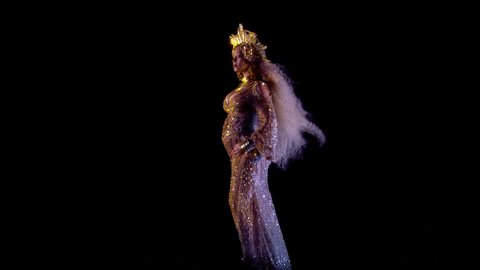
It is often said that “your health is a reflection of what you eat”. So naturally people often wonder how the food they choose to eat or not eat affects their ability to have children. While your diet cannot cure infertility, the influence of diet and other lifestyle choices on fertility should not be overlooked. Whether combined with fertility treatment or pursued on their own, changes in diet can have a significant and measurable effect on fertility.
Perhaps the most important factor to consider when it comes to fertility is body weight. There is a well established link between fertility and weight. Male and female patients alike should know that being underweight or obese can have a marked effect on their fertility. The male and female reproductive systems rely on a delicate balance of hormones to function properly, and when stress is placed on these systems as a result of a low or high body weight, their natural chemical rhythms begin to break down.

Also, read: Here are 5 powerful yoga poses to help boost your fertility
In particular, women who are obese or underweight have been shown to have a higher rate of infertility and a lower IVF pregnancy rate. Not to mention, excess weight has been linked to the development and worsening of polycystic ovary syndrome (PCOS), a common cause of infertility in women, mostly due to irregular cycles and inconsistent ovulation.
What can you eat to ensure fertility?
A study published in 2009 set out to determine whether certain dietary factors had an impact on couples undergoing IVF treatment. The study found a statistically significant increase in pregnancy rates for couples who adhered to a Mediterranean diet. It also demonstrated that a low intake of certain nutrients such as B-vitamins negatively affected fertility.
Other studies also drew similar conclusions. It followed thousands of women trying to become pregnant and found that “higher consumption of monounsaturated rather than trans fats, vegetable rather than animal protein sources, low glycaemic carbohydrates, high fat dairy, multivitamins, and iron from plants and supplements” was correlated with a boost in fertility.

Also, read: Trust these 7 science-backed hacks to boost your fertility naturally
In light of the available research, here’s a list of foods that can be beneficial for you if you are trying to conceive:
Researchers also often make note of the fact that countries with a culture of cooking their own meal and savouring meals rather than consuming processed foods on the go are more fertile. Also more physical activities coupled with healthy eating habits leads to a lower rate of obesity and favourable BMI.
Also, watch:
Select Topics of your interest and let us customize your feed.
PERSONALISE NOWHere are things you mustn’t eat if you’re trying to get pregnant
Naturally, the available research on the optimal fertility diet leads us to a list of foods that should be avoided or enjoyed only on occasion. These include:
These products lead to increased weight and overall decrease fertility potential. The increased incidence of consumption of alcohol as well as smoking in both male and females leads to a decrease in semen count and quality and poor egg quality respectively.
Also, read: Planning for pregnancy? Take these 7 steps to boost your partner’s fertility
Remember, it is important to acknowledge that even the healthiest of diets can’t cure the more serious conditions that cause infertility in men and women. Such causes need to be addressed by fertility doctors.